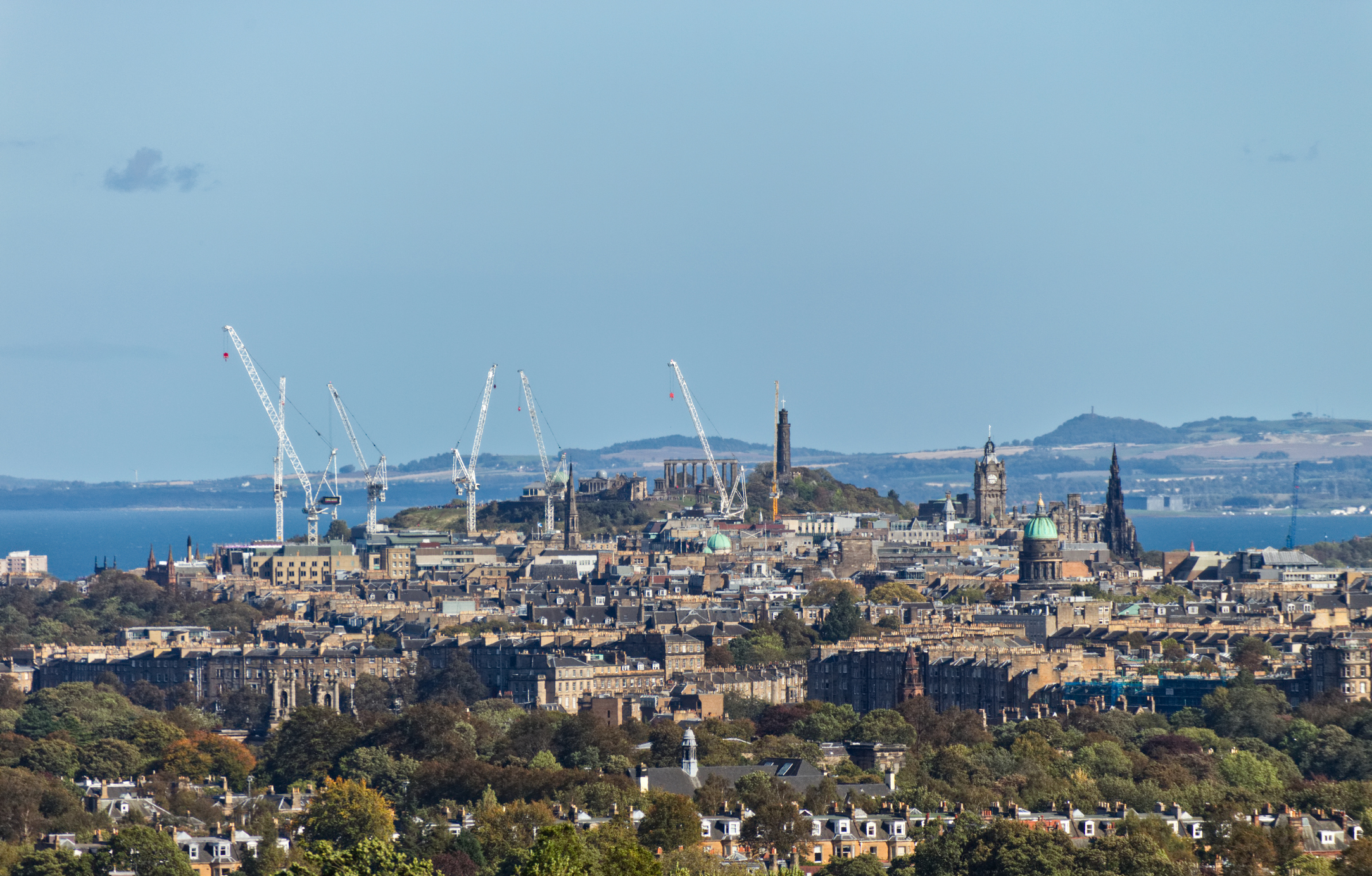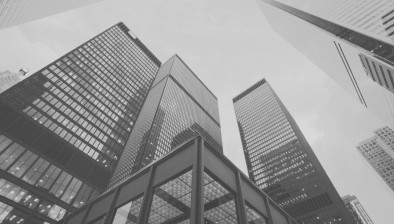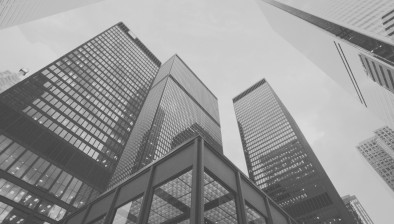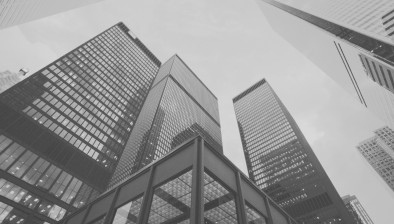Edinburgh unveils capital investment plans as part of budget settlement
The City of Edinburgh Council has set a balanced £1 billion-plus budget for the next financial year with a raft of infrastructure projects to benefit from investment.

At their annual Budget Meeting, elected members also approved a three-year Business Plan setting out how the council would respond to the need for change. The Business Plan and the priorities it sets shapes the four-year budget framework (2022/23 – 2025/26) also approved yesterday, which sets out the need for broader reforms to reprioritise and potentially redesign services to achieve more than £100 million of savings over the coming years.
The outcome of the Scottish Government’s Local Government Financial Settlement this year has contributed an extra £9m to the council’s budget.
Investment proposals put forward by the SNP/Labour Coalition for the additional £9m were agreed as follows:
- £0.500m to support climate obligations and further decarbonisation of the council’s estate;
- £0.300m to support delivery measures for the sustainability plan which will be published in the summer;
- £0.500m to enhance parks, playparks, food growing and urban forests, with £4m of related capital investment; and
- £0.500m investment to take forward Smart City initiatives.
Further to this, £2.743m has been allocated to the council’s unallocated reserves as a contingency against future risks.
In addition to these funding allocations, the council will spend over £1bn on services and investing in its priorities, including:
Reducing poverty
- £82m on early years services - 1,140 hours of funded early learning and childcare by August 2021
- A £2.8bn ten-year HRA Capital investment programme to deliver council commitments, including the delivery of 10,000 new council-led affordable homes by 2027, the modernisation of existing homes and the commitment to deliver zero carbon emissions by 2030
- Investing an additional £10m to provide temporary accommodation to address the ongoing impacts of responding to the COVID-19 pandemic
Sustainability - working towards being carbon neutral by 2030
- Another £8.4m to finish upgrading street lighting to energy-efficient LED lights
- Trams to Newhaven project including £2.4m to support local businesses
- £7.6m to continue to replace more than 200 vehicles with lower emissions ones
Health and Wellbeing
- £19.7m to complete Meadowbank Sports Centre
In 2021-22, the council will also invest
- £8.5m on North Bridge
- £234m on health and social care services
And over the next ten years, the council will invest:
- More than £189m on roads and pavements, including winter maintenance
- £68m on road safety, network, cycling and public transport.
Finance and resources convener Councillor Rob Munn said: “When we set a three-year balanced budget in February 2020, we had no inkling of the economic and social turmoil the pandemic was about to unleash across the globe. As a city and as individuals, this past year has tested us like no other time in recent memory – and the challenges are ongoing. It’s testament to the dedication, commitment and resilience of all our staff, our services and our city that we’ve been able to agree a new business plan and balanced budget for 2021/22 today.
“Helping Edinburgh and our citizens to recover and rebuild after the strains of Covid-19 is critical and, as they’ve done throughout, staff in Council services continue to work tirelessly to look after the city and our communities. Guided by our business plan priorities of ending poverty, becoming a net zero city and making sure wellbeing and equalities are enhanced for all we’ve agreed a comprehensive package of additional investments as part of our £1 billion-plus 2021/22 budget, channelling extra funding to where it’s most needed and will have the most meaningful impact.
“We want to pay tribute to the outstanding efforts of our residents in helping Edinburgh weather the Covid storm. We have seen communities come together through the hardest of times and they have shown all of what is best about our city. Without the solidarity and resilience of the people of Edinburgh, the financial, social and life cost to our Capital would have been far higher.”





















